What These 9 People Did During Historic Atrocities
Nathan Johnson
Published
04/30/2015
Will Restore Your Faith In Humanity
- List View
- Player View
- Grid View
Advertisement
-
1.
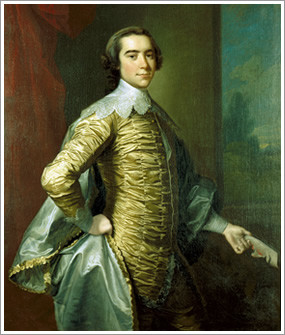 The slave owner who decided to free his slaves. There's no doubt that anyone who owns a slave is, well, a terrible person. But sometimes, they realize the error of their ways. One such person was plantation owner Robert Carter III, shown here. In the 1770s, he unexpectedly decided to free all his slaves. However, facing pressure from his pro-slavery sons-in-law and neighboring plantation owners, who feared rebellion, he compromised by freeing 15 slaves each year, which didn't work out too well for the people who had to wait. There's evidence to suggest that he was simply sick of keeping slaves, but he also made sure that his sons-in-law couldn't undo the deed once he died. In the 19th century, other slave owners and traders experienced similar changes of heart and joined the abolitionist movement.
The slave owner who decided to free his slaves. There's no doubt that anyone who owns a slave is, well, a terrible person. But sometimes, they realize the error of their ways. One such person was plantation owner Robert Carter III, shown here. In the 1770s, he unexpectedly decided to free all his slaves. However, facing pressure from his pro-slavery sons-in-law and neighboring plantation owners, who feared rebellion, he compromised by freeing 15 slaves each year, which didn't work out too well for the people who had to wait. There's evidence to suggest that he was simply sick of keeping slaves, but he also made sure that his sons-in-law couldn't undo the deed once he died. In the 19th century, other slave owners and traders experienced similar changes of heart and joined the abolitionist movement. -
2.
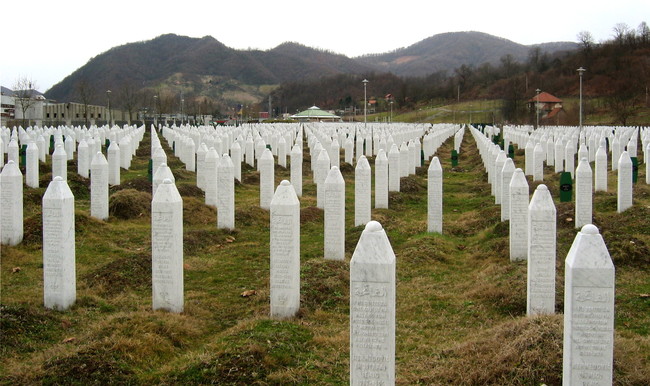 The unnamed Serbs who protected their Muslim neighbors. During the Balkan Wars of the mid-1990s, the peaceful town of Srebrenica was besieged by Serbian-Bosnian troops. They executed 7,000 Muslim boys and men, and shelled fleeing survivors. The event was tragic, but even in the midst of it, Serbian soldiers defied orders and saved people. One soldier allowed two men to stay hidden with a group of women, for example. Years after the conflict, more and more stories like this emerged, with Serbian soldiers saving their neighbors from genocide by forging papers, hiding people, and even sometimes sacrificing their own lives.
The unnamed Serbs who protected their Muslim neighbors. During the Balkan Wars of the mid-1990s, the peaceful town of Srebrenica was besieged by Serbian-Bosnian troops. They executed 7,000 Muslim boys and men, and shelled fleeing survivors. The event was tragic, but even in the midst of it, Serbian soldiers defied orders and saved people. One soldier allowed two men to stay hidden with a group of women, for example. Years after the conflict, more and more stories like this emerged, with Serbian soldiers saving their neighbors from genocide by forging papers, hiding people, and even sometimes sacrificing their own lives. -
3.
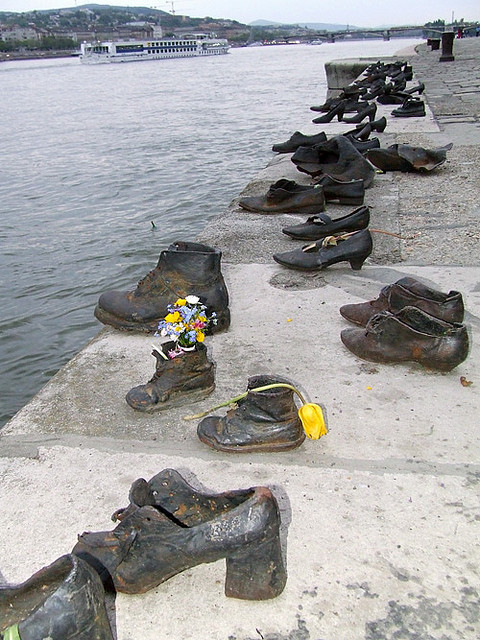 The Hungarian Nazi officer who saved the lives of his prisoners. Zoltan Kubinyi was in charge of a labor camp, which sets him up to be a terrible villain, but, as a Seventh-day Adventist and conscientious objector, he refused to treat the prisoners poorly. He snuck them extra rations and allowed them to celebrate holidays. When the orders came to ship the prisoners to death camps, he instead defied orders and marched the prisoners, all men, into Hungary. He even helped them escape from other Nazi officers by getting the Nazis drunk and fleeing while they were passed out. He led them to a Russian-occupied town where they would be safe. He was arrested after the war, though, and died in Siberia.
The Hungarian Nazi officer who saved the lives of his prisoners. Zoltan Kubinyi was in charge of a labor camp, which sets him up to be a terrible villain, but, as a Seventh-day Adventist and conscientious objector, he refused to treat the prisoners poorly. He snuck them extra rations and allowed them to celebrate holidays. When the orders came to ship the prisoners to death camps, he instead defied orders and marched the prisoners, all men, into Hungary. He even helped them escape from other Nazi officers by getting the Nazis drunk and fleeing while they were passed out. He led them to a Russian-occupied town where they would be safe. He was arrested after the war, though, and died in Siberia. -
4.
 The warring factions that agree to remove land mines from Colombia. Colombia has been at war with itself for more than 50 years, with conflicts between the government, right-wing paramilitaries, and the leftist rebel militia FARC. The violence, damage, and misery is untold, and the result of guerrilla warfare has left the country littered with mines. The mines cause death and destruction even in areas where there isn't fighting. Now, a small group of former soldiers are trying to clear those land mines, and it's brought such a positive change that even active FARC soldiers are joining the effort. The conflict is far from over, but this might be a glimmer of hope.
The warring factions that agree to remove land mines from Colombia. Colombia has been at war with itself for more than 50 years, with conflicts between the government, right-wing paramilitaries, and the leftist rebel militia FARC. The violence, damage, and misery is untold, and the result of guerrilla warfare has left the country littered with mines. The mines cause death and destruction even in areas where there isn't fighting. Now, a small group of former soldiers are trying to clear those land mines, and it's brought such a positive change that even active FARC soldiers are joining the effort. The conflict is far from over, but this might be a glimmer of hope. -
5.
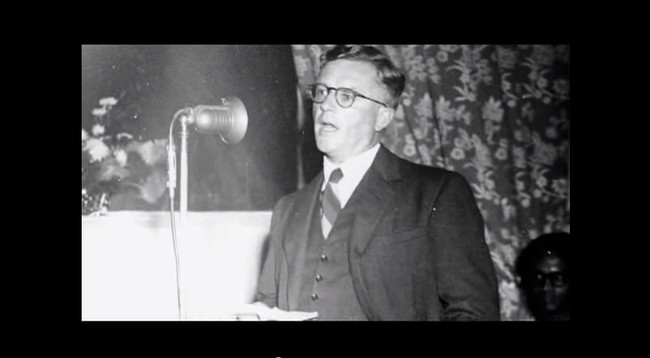 The anti-apartheid Afrikaner. South Africa is known for its sordid history of racism, with white Afrikaners benefitting from the unfair system. There were some, though, that joined the anti-apartheid movements. Frederik van Zyl Slabbert was one of the most prominent, despite growing up in a conservative, pro-apartheid household. He resigned from his office over government crackdowns on black activists. He also worked with black politicians and activists from other countries, which got him labeled a traitor.
The anti-apartheid Afrikaner. South Africa is known for its sordid history of racism, with white Afrikaners benefitting from the unfair system. There were some, though, that joined the anti-apartheid movements. Frederik van Zyl Slabbert was one of the most prominent, despite growing up in a conservative, pro-apartheid household. He resigned from his office over government crackdowns on black activists. He also worked with black politicians and activists from other countries, which got him labeled a traitor. -
6.
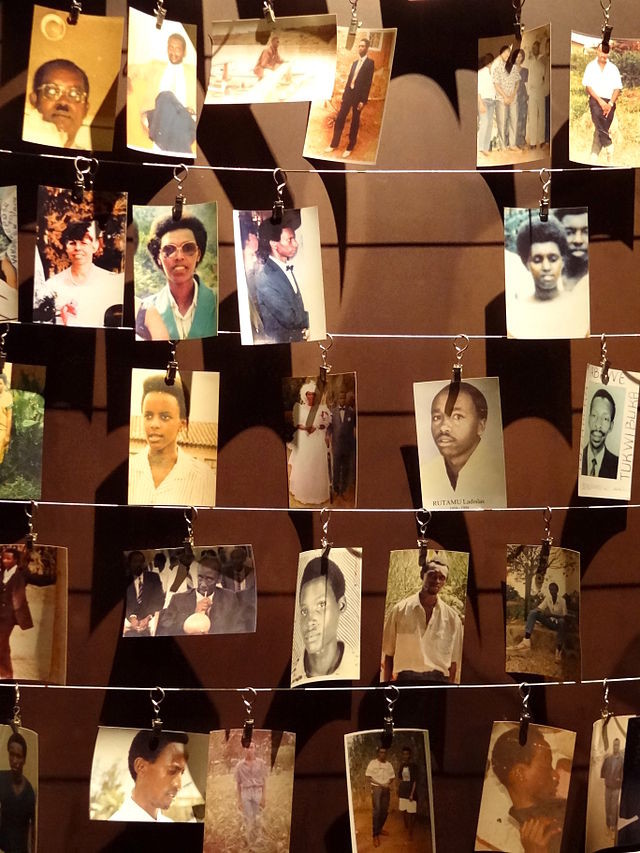 The Hutus who protected their neighbors from genocide. In 1994, in the course of only about three months, an ethnic feud between the Hutu and Tutsi people in Rwanda boiled over into a massive genocide of the Tutsi people. At least 800,000 people -- both Tutsis and moderate Hutus -- were killed by the extremists, but not all Hutus supported the senseless violence. Many of them opened their homes (and in the case of Paul Rusesabagina, his hotel) to their Tutsi neighbors. One woman, Sula Karuhimbi, housed 20 refugees in her home. When Hutu soldiers came for them, she told them she was a witch and threatened to curse their families. Amazingly, it worked. Other people walked with refugees to the Zaire border. Many perished for their efforts.
The Hutus who protected their neighbors from genocide. In 1994, in the course of only about three months, an ethnic feud between the Hutu and Tutsi people in Rwanda boiled over into a massive genocide of the Tutsi people. At least 800,000 people -- both Tutsis and moderate Hutus -- were killed by the extremists, but not all Hutus supported the senseless violence. Many of them opened their homes (and in the case of Paul Rusesabagina, his hotel) to their Tutsi neighbors. One woman, Sula Karuhimbi, housed 20 refugees in her home. When Hutu soldiers came for them, she told them she was a witch and threatened to curse their families. Amazingly, it worked. Other people walked with refugees to the Zaire border. Many perished for their efforts. -
7.
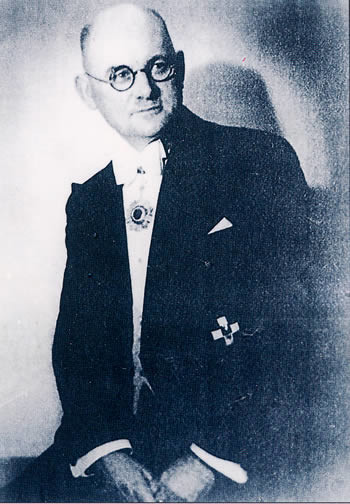 The Nazi who saved thousands. Though he was a staunch supporter of Hitler and eugenics, Nazi officer John Rabe had a sudden change of heart when the Japanese Imperial Army descended on Nanking in China, one of the most brutal atrocities carried out by Japanese soldiers. He rallied German and American expatriates in Nanking and created an "International Zone," and used it to protect about 250,000 Chinese civilians who fled to it. He hid 650 people in his garden, and kept up the protection of the International Zone for four months. Though he was arrested as a Nazi supporter after the war, he was remembered in China as a hero.
The Nazi who saved thousands. Though he was a staunch supporter of Hitler and eugenics, Nazi officer John Rabe had a sudden change of heart when the Japanese Imperial Army descended on Nanking in China, one of the most brutal atrocities carried out by Japanese soldiers. He rallied German and American expatriates in Nanking and created an "International Zone," and used it to protect about 250,000 Chinese civilians who fled to it. He hid 650 people in his garden, and kept up the protection of the International Zone for four months. Though he was arrested as a Nazi supporter after the war, he was remembered in China as a hero. -
8.
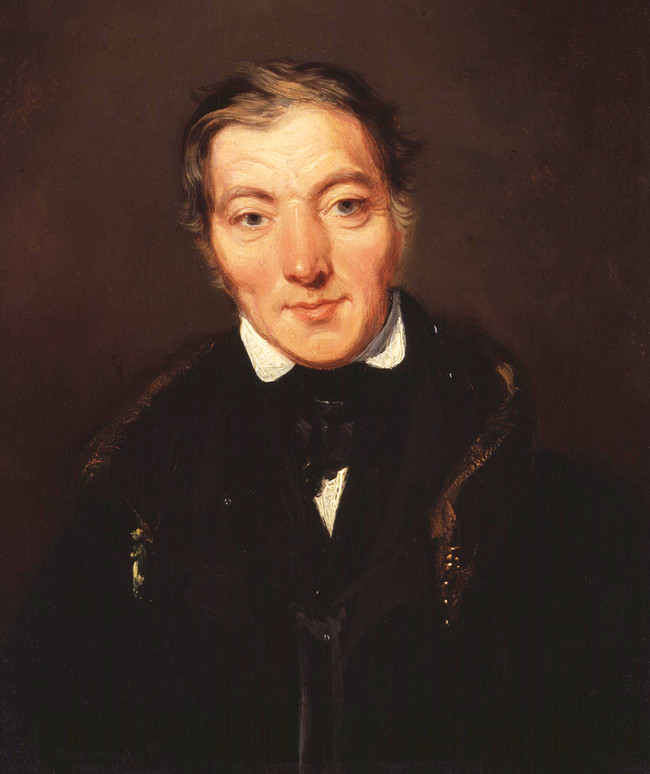 The factory owner who helped Britain's poor. Usually, 19th century English factory owners conjure up thoughts of Dickensian villains, and sadly, that was usually the case. There was, however, Welsh cotton mill owner Robert Owen, who worked to create ideal working environments for his employees. His workers had access to free nursery care, and children received free formal educations. He also provided subsidized housing, which meant that his factory was never surrounded by the filthy slums that others were. He sold items to workers at fair prices from his company store, whereas others would charge hugely inflated prices to keep workers poor. He was a capitalist, but improved the lives of hundreds of workers.
The factory owner who helped Britain's poor. Usually, 19th century English factory owners conjure up thoughts of Dickensian villains, and sadly, that was usually the case. There was, however, Welsh cotton mill owner Robert Owen, who worked to create ideal working environments for his employees. His workers had access to free nursery care, and children received free formal educations. He also provided subsidized housing, which meant that his factory was never surrounded by the filthy slums that others were. He sold items to workers at fair prices from his company store, whereas others would charge hugely inflated prices to keep workers poor. He was a capitalist, but improved the lives of hundreds of workers. -
9.
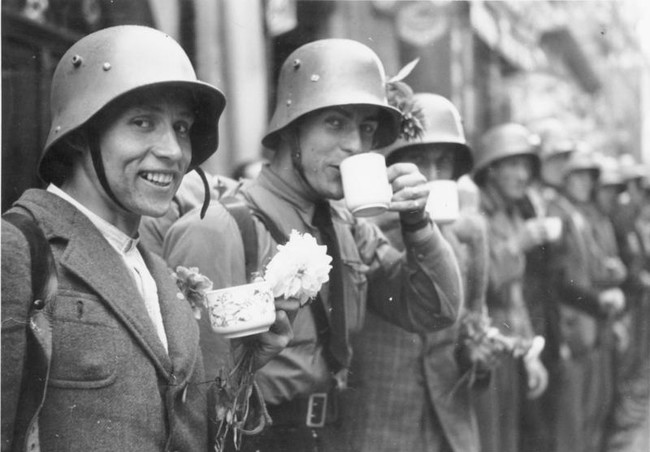 The anti-fascists in the Sudetenland. Germans living in the Sudetenland, an area of the former Czechoslovakia, tended to be extremely pro-Nazi, and cheered the German occupation of the area. However, some were strongly opposed to fascism, and voiced their displeasure via anti-Nazi propaganda. The most famous Sudeten German and former Nazi was Oskar Schindler, who would go on to work against the Nazis and save Jewish lives.
The anti-fascists in the Sudetenland. Germans living in the Sudetenland, an area of the former Czechoslovakia, tended to be extremely pro-Nazi, and cheered the German occupation of the area. However, some were strongly opposed to fascism, and voiced their displeasure via anti-Nazi propaganda. The most famous Sudeten German and former Nazi was Oskar Schindler, who would go on to work against the Nazis and save Jewish lives.
The slave owner who decided to free his slaves. There's no doubt that anyone who owns a slave is, well, a terrible person. But sometimes, they realize the error of their ways. One such person was plantation owner Robert Carter III, shown here. In the 1770s, he unexpectedly decided to free all his slaves. However, facing pressure from his pro-slavery sons-in-law and neighboring plantation owners, who feared rebellion, he compromised by freeing 15 slaves each year, which didn't work out too well for the people who had to wait. There's evidence to suggest that he was simply sick of keeping slaves, but he also made sure that his sons-in-law couldn't undo the deed once he died. In the 19th century, other slave owners and traders experienced similar changes of heart and joined the abolitionist movement.
9/9
1/9










0 Comments